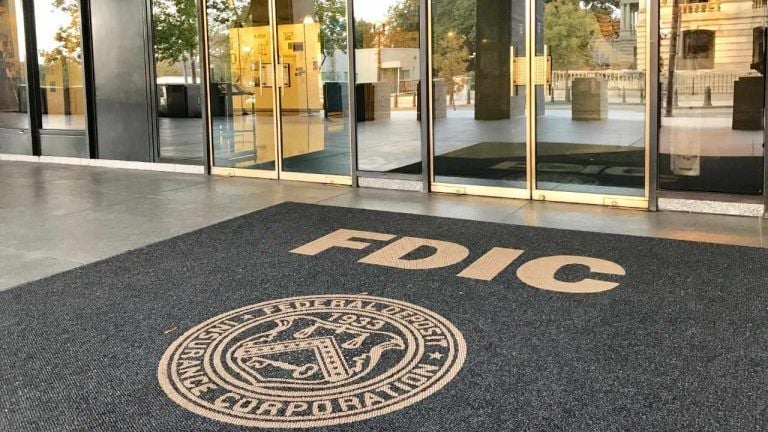
The Federal Deposit Insurance Corporation (FDIC) in the United States recently made headlines for its proactive approach towards embracing cryptocurrencies and promoting fair access reforms in the financial sector. This move signifies a significant shift towards transparency, institutional clarity, and inclusivity in the rapidly evolving landscape of digital finance.
As the agency tasked with safeguarding depositors and ensuring the stability of the country's banking system, the FDIC's endorsement of a forward-looking crypto agenda is a clear indication of the growing acceptance of digital assets within traditional financial institutions. By acknowledging the potential of cryptocurrencies and blockchain technology, the FDIC is demonstrating a willingness to adapt to the changing needs of consumers and investors in the digital age.
In addition to embracing cryptocurrencies, the FDIC also emphasized the importance of fair access reforms to ensure that all individuals and businesses have equal opportunities to participate in the financial system. This commitment to promoting inclusivity aligns with the core principles of decentralization and democratization that underpin the philosophy of many cryptocurrencies.
By driving forward-looking crypto initiatives and advocating for equal access to financial services, the FDIC is paving the way for a more inclusive and transparent financial ecosystem. This shift not only benefits consumers and businesses seeking innovative financial solutions but also positions the United States as a leader in embracing the potential of digital assets.
The FDIC's endorsement of cryptocurrencies comes at a time when digital currencies are gaining mainstream acceptance and adoption. Major financial institutions, corporations, and even governments are exploring the potential applications of blockchain technology and digital assets in various industries.
The FDIC's proactive stance on cryptocurrencies is likely to have a ripple effect across the financial sector, prompting other regulatory bodies and institutions to reevaluate their approach to digital finance. This could lead to greater regulatory clarity and consistency in the treatment of cryptocurrencies, which in turn could encourage more widespread adoption and investment in the digital asset space.
Overall, the FDIC's spotlight on a forward-looking crypto agenda and fair access reforms signals a positive shift towards a more inclusive and transparent financial system. By embracing the potential of cryptocurrencies and advocating for equal access to financial services, the FDIC is setting a precedent for regulatory bodies worldwide to adapt to the changing landscape of digital finance.

Leave a Reply